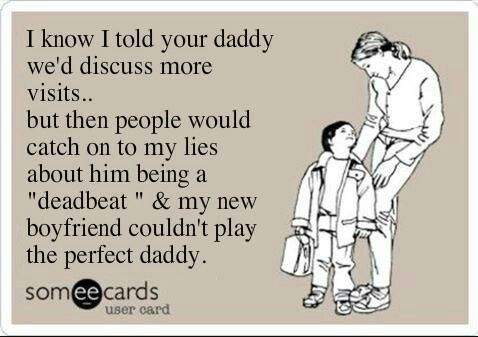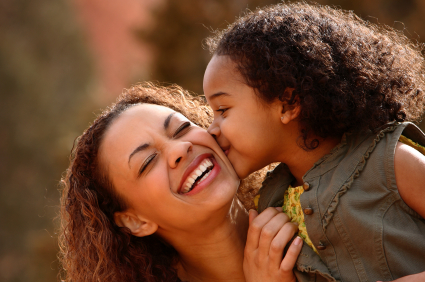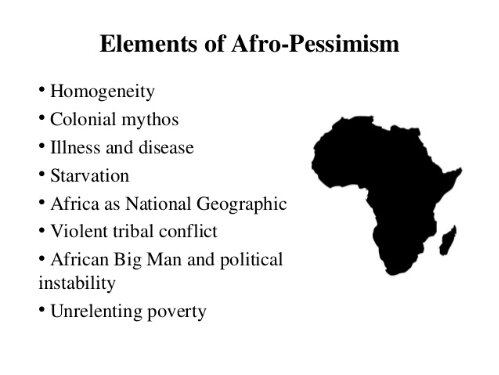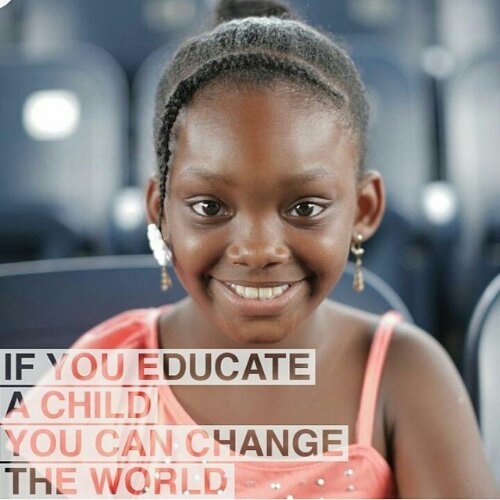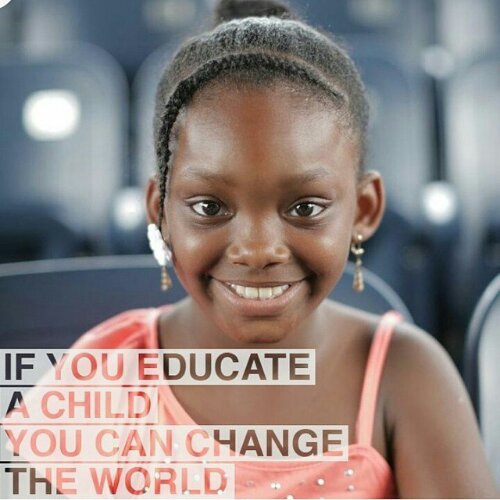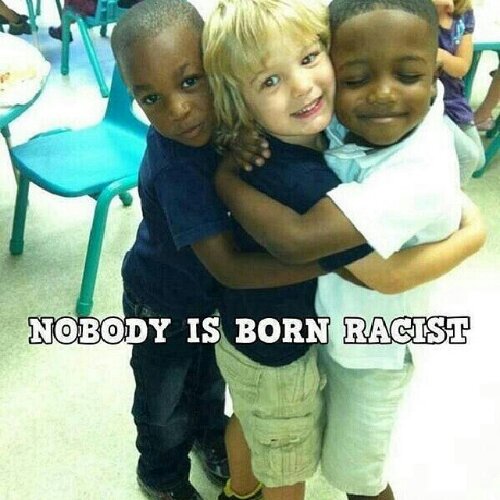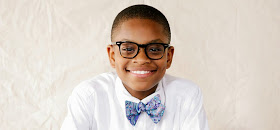I was going through one of the top entertainment blogs, and I came across a statement made by a celebrated Nigerian musician. He said ” Making babies is not a product of marriage, but of love”. In shock, I asked myself what is the best way for babies to be made if not through marriage?Continue reading “Baby mama & Baby Daddy, Where did we go wrong ?”
What Do Our Children know About Love?
Children cannot be left out in the discuss of Love, as I think they even deserve more love, than any other group of people. The main focus is, how many of our adults have a proper understanding of love and what it really means? by so doing being examples to our children. We must celebrate love, not just romantic love, but love in and for all it stands for.
Continue reading “What Do Our Children know About Love?”
AFRO-PESSIMISM & THE AFRICAN CHILD
Afro-Pessimism refers to the perception of sub-saharan Africa as a region too riddled with problems of good governance and economic development. (science. jrank.org/pages/7475/AfroPessimism). I will define it literally, “AFRO” means Africa/African or black people. “PESSIMISM” means a mind fixed on expecting the worst, a belief that bad will happen. Afro-Pessimism is largely associated with the feeling of inferiority and the thought that Africa will never attain greater heights.
According to Daryl Zizwe Poe; The term ” AFRO-PESSIMISM” describes a breed of African thinkers that have accepted defeat and have lost the ability to imagine the resurrected African personality.
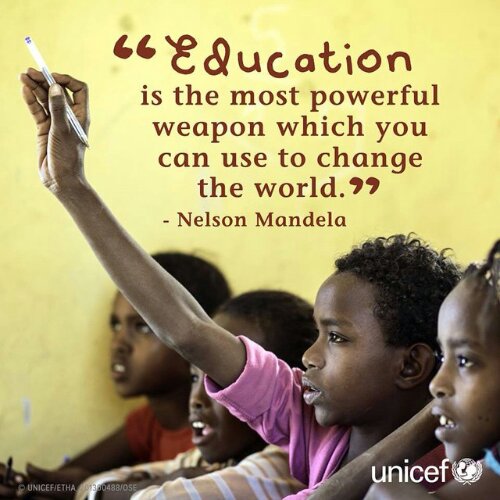
This write-up is focused on the African child. A large number of African children grow up to deal with poverty, tribalism , ethnicity, war and conflict etc. Even though these problems have huge negative effects, I see Afro-Pessimism as one of the key social issues facing the African personality. African children should be brought up with a mind absent of Afro-Pessimism, and the responsibilty lies on parents (mothers, fathers, aunts, uncles, guardian etc.)
★ The African child should be provided with quality education, and be taught how to balance informal and formal education.
★ The African child should be taught that no matter what he/she is going through they should hope and work for the best.
★ The African child should grow with Afro-optimism as a virtue, positive mindset, strong will, faith and self-confidence.
★ The African child should be made to understand that Africa is behind other continents in terms of development, and he/she has the value and capacity to change that.
★ The African child should be taught that leadership is rooted in service and integrity, and that it starts from your small corner.
★ They should be told that politics is all about service and stewardship.
★ They should be given reasons why Africa I will lead the world very soon.
★ They should be taught that wherever in the world they find themselves, they should be ambassadors of Africa, they should be humble, and carry themselves with pride , self respect and dignity.
★ They should be taught to respect peoples choices, and be mobilizers for social development.
There are so many things the African child should know and must be taught, but above all;
★The African child should be shown and taught to be a lover and also be shown how to love even when they don’t get it in return, they should be taught to pursue peace with all men
Picture credit: Google.com
PICTURES TO MAKE YOU SMILE & PONDER (PART 3)
“Do everything to always make children smile and be happy, but EDUCATION is the first thing you should give them, whether or not they are related to you”….. Emeka Ewenike
…..WATCH OUT FOR THAT NAME…… Children and Women activist
Check out more exciting pictures.Continue reading “PICTURES TO MAKE YOU SMILE & PONDER (PART 3)”
PICTURES TO MAKE YOU SMILE & PONDER (PART 3)
“Do everything to always make children smile and be happy, but EDUCATION is the first thing you should give them, whether or not they are related to you”….. Emeka Ewenike
…..WATCH OUT FOR THAT NAME…… Children and Women activist
Check out more exciting pictures.
Continue reading “PICTURES TO MAKE YOU SMILE & PONDER (PART 3)”
PICTURES TO MAKE YOU SMILE & PONDER (PART 2)
Isabel Aghahowa; Example of good parenting
The daughter of former Super Eagles ace striker Julius Aghahowa , Isabel Aghahowa, recently released her first book – a work of fiction titled The ‘Ellegers'(165 pages) and she’s just 13years old. The beauty and brain is studying in the UK, and is also a budding actress.
The key thing about this news, is that; julius and his wife deliberately choose to invest in the Education of their daughter, and see what it has resulted to, we can only imagine what she’ll turn out to by age 18. Intending parents must plan for there unborn children, as there are a thousand and one saving schemes that can be put to use, while parents must show lots of sacrifice to guarantee quality education for their children. Parents and intending Parents have no excuse not to provide quality education for your children as its the biggest inheritance you can bequeath for them, and it does not matter if its a male or female child, they all can succeed in any and everything.
SOURCE: lindaikeji.blogspot.com.
PICTURES TO PONDER ON THIS WEEKEND
THESE PICTURES SPEAK VOLUMES!
Continue reading “PICTURES TO PONDER ON THIS WEEKEND”
Here’s the best way to calm kids’ fear and anxiety over Ebola
Even Centers for Disease Control and Prevention director Dr. Tom Frieden admits it: “Ebola is scary.” But for kids seeing alarming headlines without understanding the context of the disease, Ebola can seem like a looming and personal threat.TIME spoke to Dawn Huebner, a clinical child psychologist and author of the book What to Do When You Worry Too Much: A Kid’s Guide to Overcoming Anxiety about the best way to talk about Ebola with your kids—without scaring them silly.
What should I say to my child who is really scared about Ebola?
Let them know that it’s important to think about proximity—how close they themselves are to the virus. Which is to say: not very. “It’s really important to underline that we are safe in the United States, and that people who have contracted Ebola have been in West Africa or were treating patients with Ebola,” says Huebner. “Not only should parents underline how rare Ebola is, and how far away the epidemic is occurring, but also how hard the disease is to contract.” Huebner says parents can tell their older children that direct contact with an infected person’s bodily fluids like vomit or diarrhea is necessary to spread Ebola. “This has been reassuring to the children I see, as they know they are not going to be touching that,” she says.
By ages 7 and up, kids begin to grasp that their worries and fears aren’t always rational. “Parents can talk to kids about how one of the ways worries and anxiety get their power is by making us think about things that are very unlikely,” says Huebner
Should I keep my child away from the news?
Your kids can watch the news to stay informed, but media overload is not always a good thing. “The news is often sensationalized and gives kids the idea that they are at an imminent risk,” says Huebner. When kids see endless stories about Ebola on the news, they don’t always realize they’re hearing the same thing on loop. “I’ve had kids come into my office who are under the impression that there are hundreds of people in the U.S. with Ebola.”
How do I know if my child is reacting appropriately to the news?
“An appropriate reaction would be to feel nervous and ask some questions, but to be reassured by the parents’ answers,” says Huebner. Psychologists distinguish between questions that are information-gathering, and questions that are reassurance-seeking. If a child asks reassurance-seeking questions—like “Are we going to be ok?”—once or twice, that’s normal. But asking the same questions over and over signifies that a child is really dealing with anxiety and that their concern is not being curbed. At that point, parents may need to sit their children down for a longer conversation to address their fears and concerns.Ebola freaks me out too, and I accidentally overreacted in front of my child. How do I fix this?
“One of the wonderful things about children is that you really can revisit things that didn’t go so well the first time,” says Huebner. If parents slip up with an overreaction, they should have a conversation with their children and reference the moment. She suggests a conversation opener like this one: “I was thinking about when you overheard me on the phone with my friend. I was really overreacting. I got nervous when I heard about Ebola, and you saw me when I was nervous. Now I’ve gotten information and I’ve calmed down, and I’ve realized this is a very sad thing that’s happening far away. It’s sad, but it doesn’t have to be scary for us.” Rational, calm conversations will help ease a child’s fears about Ebola.
STAR KID; Moziah Bridges, the 12yr old entrepreneur
Moziah Bridges was just nine years old when his grandmother taught him how to sew scraps of material to make bow ties.Continue reading “STAR KID; Moziah Bridges, the 12yr old entrepreneur”

